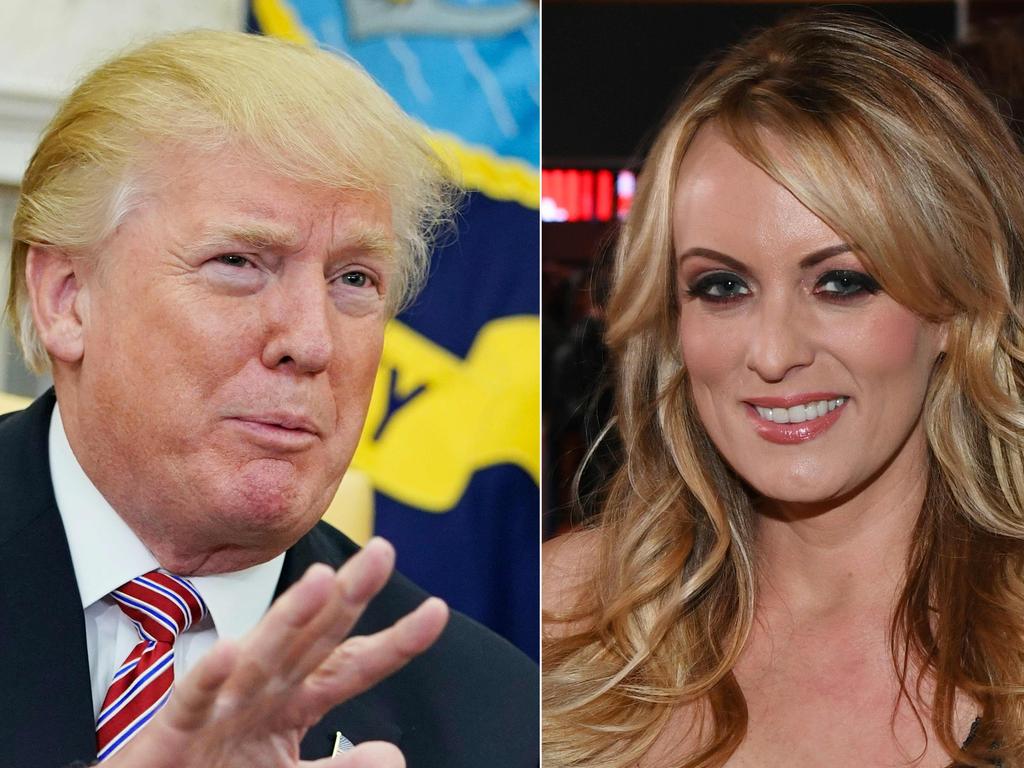Want to counter Trump? Just pardon him


I am currently in deep-red Texas. One would expect his support here to be robust. But it is almost akin to a religious faith. Trump isn’t just liked, he is worshipped. His Republican opponents are irrelevant.
To his base, and I have debated with some of it this week, Democrats are the enemy. Trump’s treatment by the authorities, to them, is like Christ’s in Jerusalem. It is hard to imagine a crime Trump could commit that would dent this faith. The more numerous the charges against him, the more certain of their righteousness are his fans.
We know all this – though hearing it first-hand I find sobering. The larger question is how it can be countered. How can the fever be broken?
A simple if controversial way to do this would be to pardon him. Any incoming Republican president would do this – but that is almost certain to be him. And while there is conjecture over whether he could pardon himself, this seems untenable.
President Joe Biden could issue a full pardon this afternoon. There are many sound reasons he should. But many more that say he won’t.
Among the reasons he should is the powerful, if imperfect, historical precedent he might rely on. In September 1974, when Gerald Ford granted a full and complete pardon to Richard Nixon, he got his presidency back.
The certain impeachment (in congress) and likely ensuing criminal trial of Tricky Dicky for his role in the Watergate burglary would have consumed American politics for years. Ford reasoned he had to enable the country to move on. He was right.
At a moment of maximum geo-strategic peril – the US was in the process of abandoning South Vietnam, the Soviet Union was turning Africa red, and Arab regimes were seeking to wipe Israel from the map – Ford removed the largest domestic barrier to America meeting that peril.
“We would needlessly be diverted from meeting those challenges if we as a people were to remain sharply divided over whether to indict, bring to trial and punish a former president who already is condemned to suffer long and deeply in the shame and disgrace brought upon the office he held,” Ford said. “Surely, we are not a revengeful people.”
Why doesn’t Biden do something similar? At the stroke of his pen, Biden would undercut Trump’s entire electoral strategy. The witch-hunt narrative would collapse, along with Trump’s claims that the deep state (especially a politicised Department of Justice) was out to get him; that deep state had just pardoned him.

The drama of his court appearances, perp walks and mugshots would vanish from the media. The fury I have encountered in his supporters this week would dissipate overnight. They need their man to face this political trial; Biden would steal it from them.
Would this pardon him of any conviction for electoral fraud in Georgia? Technically, legally, possibly not. But, politically, a presidential pardon would have to apply at the state level. The US Supreme Court has never ruled on the extent of the pardon power. One could imagine this court applying the supremacy of federal law to any suit brought. Trump’s situation is fundamentally a political one, with a political solution.
Biden wouldn’t have to adapt Ford much: “Yet to forgive is not to forget the lessons of evil in whatever ways evil has operated against us. And certainly the pardon granted the former president will not cause us to forget the evils of (January 6 and electoral offences) or to forget the lessons we have learned that a government which deceives its supporters and treats its opponents as enemies must never, never be tolerated.”
If painting himself in Fordian colours were not sufficiently appetising, what about Lincolnian? The greatest “charity for all” was the defacto mass pardoning of the Confederacy, leaders and led, soldiers and spies, after their treason in civil war (1861-65). Republican Abraham Lincoln freed the slaves but then forgave their southern Democratic enslavers.
The greatest repudiation of an election result in US history (dwarfing Trump’s) was in 1860. But the 11 Democratic states that seceded from the union were ultimately forgiven.

Backing down, forgiveness and compromise, have a long history in the US. In the Compromise of 1877 Democrats cut a deal: the Republicans could have the White House (following another disputed election) if they ended their military occupation (the Reconstruction) of the Democratic south. Constitutional order was maintained. The price was paid by freed African-Americans. They were locked into the racism of Jim Crow and segregation by Democratic southern states for another 100 years. And then into a Democratic welfare state for the next 50.
In 1960, Nixon backed down and did not prosecute his claims of Democratic electoral fraud. In 1968, Hubert Humphrey, the Democratic nominee, returned the favour and refused to pursue Nixon’s alleged electoral machinations with South Vietnam. In 2000, Al Gore accepted the defeat handed to him by the US Supreme Court.
Progressives broke this pattern in 2016. The “Not my president!” Democrats refused to accept the legitimacy of Trump’s election. Trump returned this favour in 2020 by refusing to accept the legality of theirs. Election denialism, in its modern guise, is a Democratic invention.
Indeed, the Democratic Party has a vested interest in making sure a bleeding but nominated Trump runs against it in November next year.
If Republicans are guilty of placing party before country, they have learned this from the Biden-Harris Democrats.

In the midterms last year, Democrats funded a slew of Trump candidates to increase their nemesis’s hold on the GOP. It was a sneaky strategy that meant Biden did not suffer the midterm losses usual for a first-term president. In 2024, a convicted Trump would be their preferred opponent.
The general welfare, which Ford so nobly advanced by pardoning Nixon, has taken a back seat in Biden’s calculation of electoral advantage. What a coup he might achieve by calling time on the politico-legal minefield laid by Trump’s indictments.
Trump would be trapped: accept the pardon and its implicit assumption of guilt to avoid prison; or refuse the pardon, don an orange jumpsuit and undercut his witch-hunt campaign theme.
Had he let Jesus go, Pontius Pilate could have halted Christianity in its tracks. Trump’s supporters don’t want him pardoned; Biden should do it.
Timothy J. Lynch is professor of American politics at The University of Melbourne.







Donald Trump’s grip on the Republican imagination is extraordinary. The first former US president to face the real prospect of jail time, he remains, in a recent poll, the “most trusted to tell the truth” of any of his GOP rivals.